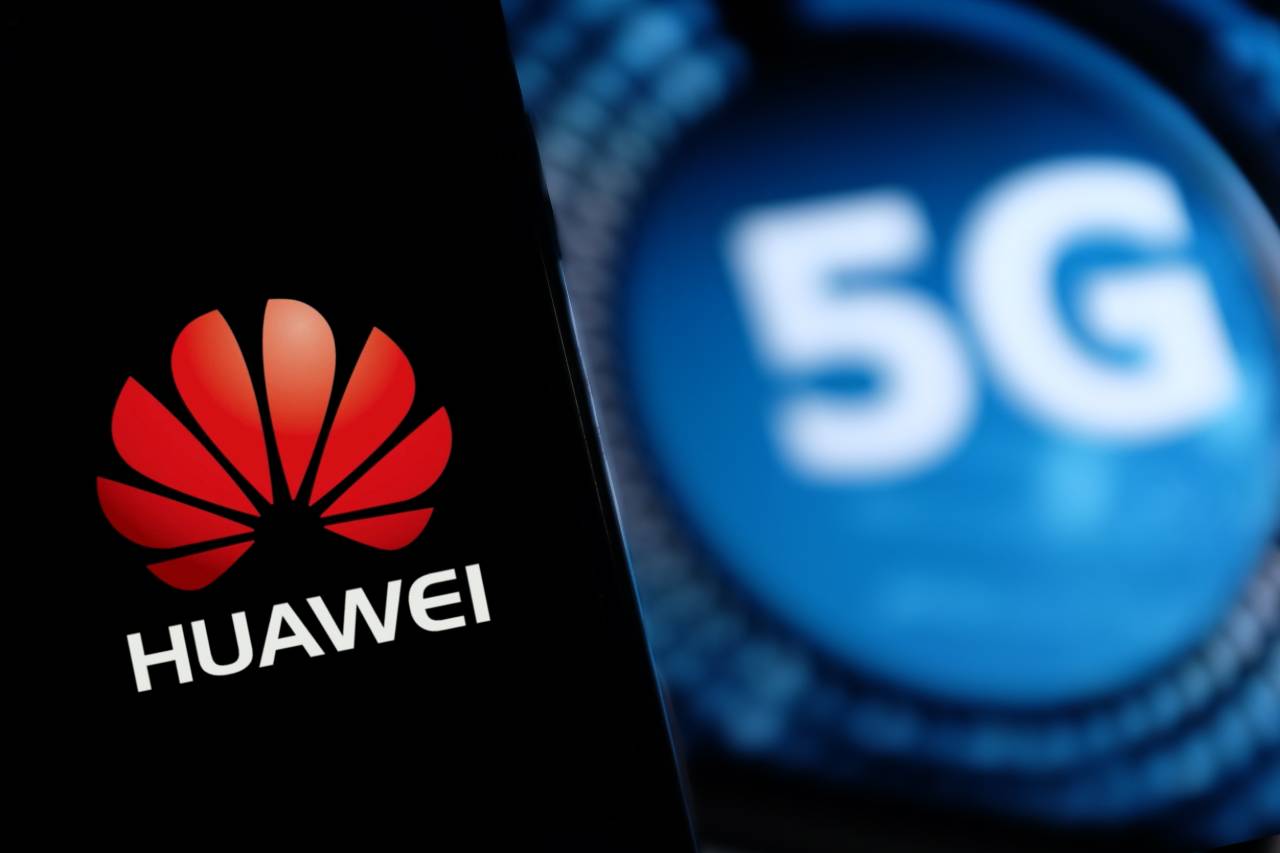 Countries in Europe and around the world are divided on their attitudes to including Chinese firm Huawei in their 5G mobile networks. Credit: Shutterstock
Countries in Europe and around the world are divided on their attitudes to including Chinese firm Huawei in their 5G mobile networks. Credit: Shutterstock
An exclusive global analysis shows South America, Africa and parts of Central Asia are more sympathetic markets for the Chinese tech giant. Michael Goodier reports for NS Tech.
Countries in Europe and around the world are split on their attitudes to including Chinese firm Huawei in their 5G mobile networks, according to an exclusive new global analysis by NS Tech.
We trawled through hundreds of statements and news reports to piece together a global picture of where every country stands on the Chinese tech giant.
Countries are split on banning Huawei
Global positions on allowing Huawei into 5G network
Source: NS Tech analysis of news reports
Despite the US stating in June that ‘the tide was turning’ against Huawei, the analysis has revealed that South America, Africa and parts of Central Asia are more sympathetic markets for the company, and which has conducted tests, signed memorandums of understanding with and even launched 5G networks across those regions.
On the other hand, many western governments have hardened their stances towards the company due to security concerns, either choosing to work with its competitors, reviewing whether to allow the company into their networks, or banning it outright.
Europe is a key battleground for the company – in February it announced that it had secured 91 5G commercial contracts, 47 of which were in Europe.
However, Germany is still weighing up a decision on its 5G rules, France (while saying a ban is unlikely) has encouraged operators to look elsewhere, and Huawei was shut out of a recent tender to supply new-generation 5G technology in Italy.
You can find out where each country stands using the interactive below:
The data has been compiled from public news reports, and represents the latest available information we could find.
Some countries have banned Huawei, either by name or – as in Japan – by effectively excluding it from public procurement.
Other countries, such as India and Canada, are reportedly considering whether to ban the company or not.
Some, including Albania and Antigua, have dropped projects with the company following US pressure. Others, like New Zealand and Norway, have snubbed the company in favour of competitors, citing security concerns, and some, like Vietnam and Taiwan, have simply chosen competitors instead.
Many countries have stated they are unlikely to ban Huawei, or we have considered them unlikely because they have signed agreements with the company or have allowed it to carry out tests.
Where these categories sometimes don’t perfectly map to a country’s stance, we have used our judgement to place them. For some countries, we could simply find no information online on their stance towards allowing Huawei into their 5G networks.
Global Construction Outlook to 2024 (COVID-19 Impact)

Our parent business intelligence company